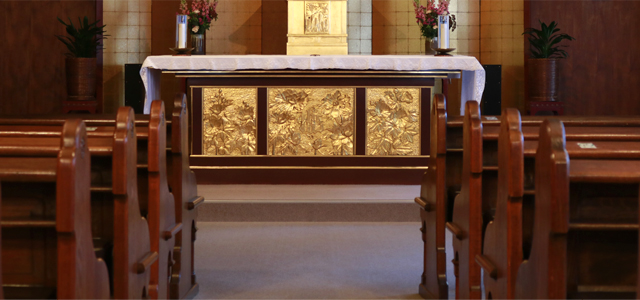
Catholic Q&A
I always admire the kindness and cheerfulness of the Sisters. I wonder what kind of life they lead.
Indeed, Sisters have been amazingly active in Japan. They are responsible for the missionary activities of the Catholic Church in a range of fields, including the management of schools, hospitals, and welfare facilities. The “Sisters” spoken of here are essentially women who lead the type of religious life I mentioned earlier.
Well, as to the type of life the Sisters lead, it would vary from congregation to congregation, but a thing they all have in common is the fact that they are dedicated to Christ and the Church. It differs from the life of the average believer as a special form of realization of the Christian faith, a special way of life as a Christian.
The difference is more exactly expressed in the “vows” of the religious (vows taken publicly before God and the people). On joining the novitiate everyone spends a certain period of time as a postulant, after which they take vows to become full-fledged religious. The principal contents of the vows are the same for all religious congregations, specifically poverty, chastity, and obedience. “Chastity” implies the renunciation of marriage and family life in order to totally follow Christ, living with Him as a companion so to speak, and making the monastic community one’s home. “Poverty” implies renouncing all personal possessions and sharing all the necessities of life with the brothers and sisters of the congregation, so as to follow the example of Christ who voluntarily chose to become poor. “Obedience” is the offering of one’s will, and reading the will of God in the guidance of the Religious Superior. This is done to follow Christ, who obeyed the Father even unto death. Similar to the vows a couple would make at a marriage ceremony, for religious these vows are a lifelong bond, linking the individual to Christ and to the religious congregation.
By taking these vows the Sisters commit themselves to Christ the Lord and pledge themselves to the service of the Church and world, in accordance with the activities and lifestyles of their respective congregations. Depending on the activities undertaken, in some congregations the members wear uniforms, while in others they dress in ordinary clothes. Religious uniforms are essential for the public expression of faith, while some jobs may require the wearing of plain clothes, so as to work in a social setting wherein you do not get separated from the general public.
